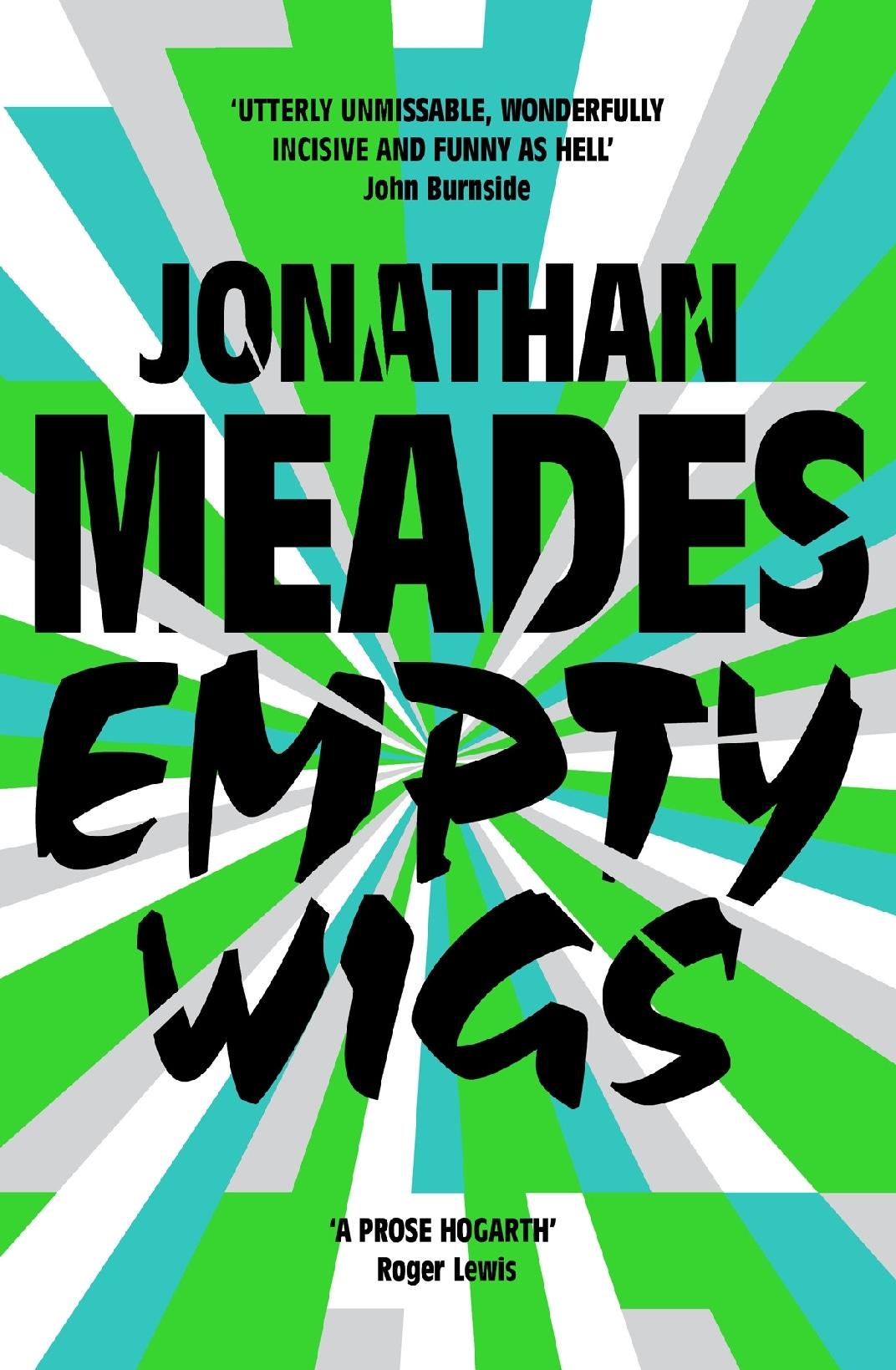Book Review: Empty Wigs by Jonathan Meades
A complex novel of thousand pages that lays bare the depravity of the last century.
‘What these people need …,’ said Inigo, ‘is a special needs genealogist … some kind of three-dimensional family tree. Molecular structure model … Isometric … Escher … Escher—that’s it.’
'Empty Wigs,' the thousand-page novel by Jonathan Meades, could be the classic that endures the test of time and is talked about after a hundred years. But only if its readers are able to read it through. It's a behemoth, and not just in length. Complex structure, alternating narration, hallucinatory descriptions, intricate plot, difficult prose, mystifying characters, and intense themes that it explores make the experience brutal for a casual reader to endure. I reached around a quarter of the book and realized that my usual speed and method of reading are making me miss a lot of what it tries to say. I began again, this time reading each portion with much more care, going into tangential quests to understand it fully.
The book goes on a journey through the twentieth century and lays bare all its ugly depravity and brutality spiced up with sharp irony. It is a set of narratives told through nineteen chapters, each narrated by different voices, with several links connecting them to each other. We could think of it as a collection of stories bound together by common themes of violence and ideological viciousness told in the background of the twentieth century. I received a review copy of the book from the publisher, Unbound, through NetGalley.
When two British aristocrats decide to conduct scientific experiments on eugenics in one of their inherited towers, they set off a chain of events that reverberates for generations. What begins as pure scientific tests, though bizarre and offensive, soon slips down to superstitious rituals. They try everything in the Malpasfang lodge—incest, bestiality, cannibalism, and much more—altering the history of generations of the involved people, creating a 'three-dimensional' and complex family tree.
The writer lets us observe this tree from multiple angles and form our own views, following multiple people carrying the burden of individual choices made by themselves and their ancestors. There is also a cult of warriors led by a French-Jewish Algerian hitman who loses his loved ones in a genocidal attack in Algeria and appears periodically with multiple identities in the story. The story also deals with a bunch of Nazis and sympathizers with prolonged lifespans thanks to a wonder drug, who are out to create the biggest memorial of the Third Reich using a lost relic.
In 'Empty Wigs' we find a bunch of characters who are out to identify their purpose and fulfill it at any cost, ultimately bearing the tragic effects of achieving it. The author uses them to symbolize the history of the twentieth century. It exposes the depravity and violence unleashed after people began to employ their individual choices in their lives after coming out of their tribal thinking. It shows the reader how different ideologies—scientific, philosophical, or spiritual—are similarly corrupt and decayed in their cores. The title is an indication of the cosmetic nature of such ideologies that define the century.
The author uses elements of different genres in the narrative, but the base of everyone is dark irony. You can find elements of horror, thriller, espionage, romance, erotica, mystery, and slapstick in different parts of the novel. Different narrative voices use distinct styles that constantly alter. The prose is very dense with an immense vocabulary that demands the constant usage of a dictionary and a translator. The novel is steeped in history, and several events and personalities make appearances or are referred to constantly. Many times a name is mentioned in one chapter, and the character appears in a later chapter, once you have forgotten all about the previous reference. As I read an eBook, I was able to search whenever a character appeared and find out when they were mentioned previously.
'Empty Wigs' is a tough book to negotiate but also one that is totally worthy of the tremendous efforts that you invest. I won't advise it for the faint-hearted or for someone with a shorter attention span. If you plan to pick it, be prepared for a tough, bumpy, and offensive but ultimately rewarding and perspective-shaping ride.





